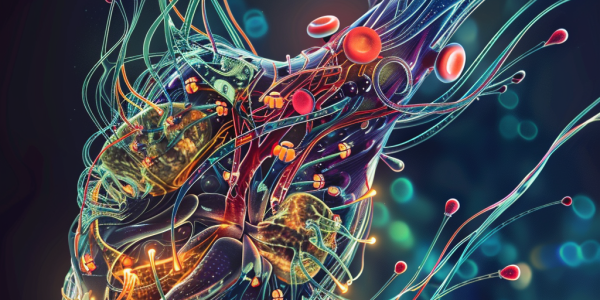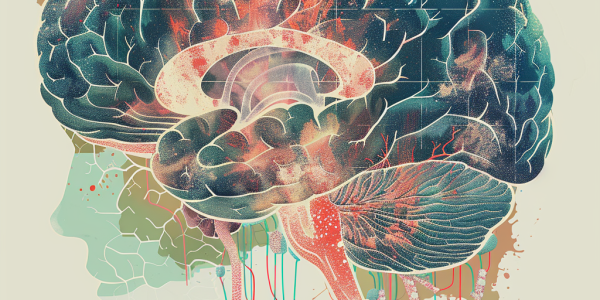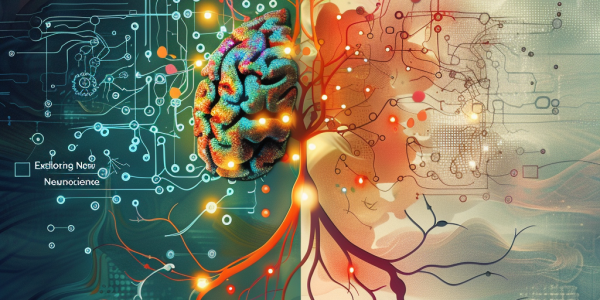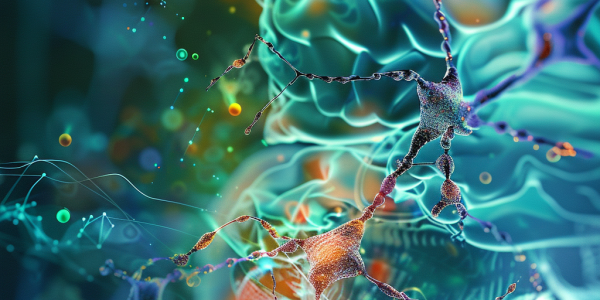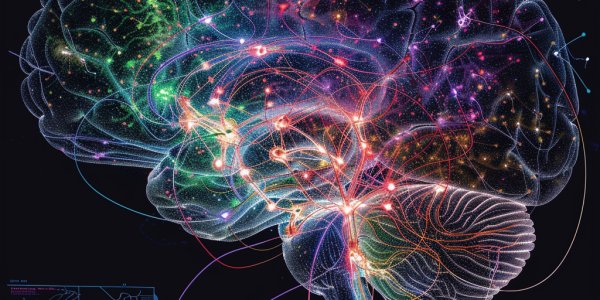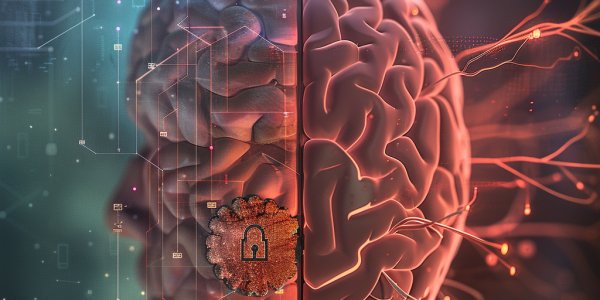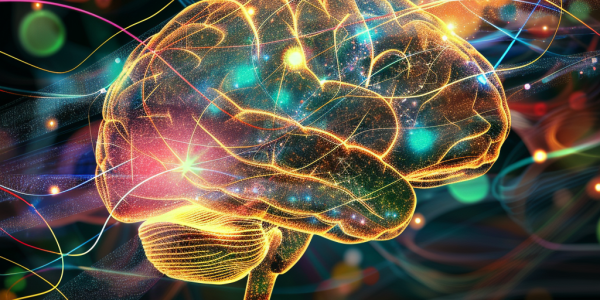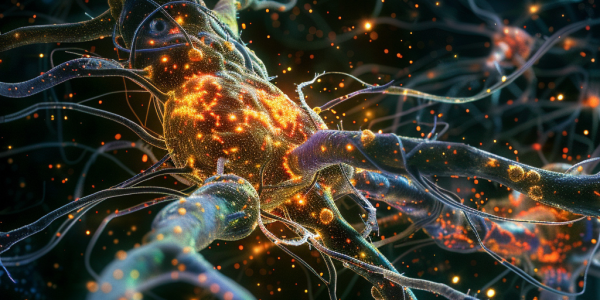Breakthrough Study Reveals Diversity in Zebrafish Intracardiac Nervous System
A groundbreaking study published in Nature Communications reveals significant insights into the intracardiac nervous system (IcNS) of zebrafish, highlighting its molecular, cellular, and functional diversity. This research enhances our understanding of the heart’s nervous system, crucial for cardiovascular health, and identifies diverse neuronal types that play a vital role in cardiac rhythm regulation. These findings open new avenues for future research and potential therapeutic approaches for heart conditions.
Understanding Axonal Morphology and Its Impact on Neuronal Function
In the digital age, understanding cookie consent and privacy is essential for online users. This article explores the importance of managing cookie preferences and highlights a recent study on axonal morphology, revealing how membrane mechanics influence the structure and function of unmyelinated axons in the nervous system.
Groundbreaking Study Reveals Brain Structure Differences in Children with Autism
Recent research from the University of Rochester reveals critical structural differences in the brains of children with autism, highlighting lower neuron density in key cerebral regions. This groundbreaking study paves the way for enhanced diagnostic methods and targeted treatments, offering new insights into autism’s neurological foundations. Published in Autism Research, the findings could lead to more personalized interventions for affected children.
Advancements in Neuroscience: New Insights from Drosophila Research
In the digital age, privacy is crucial for users on online platforms. Organizations use essential cookies for website functionality, while optional cookies enhance advertising and personalization. Users can manage cookie preferences to protect their data. Additionally, recent neuroscience advancements highlight the fruit fly, Drosophila melanogaster, in a groundbreaking study that identifies 8,453 distinct cell types, refining our understanding of neuronal diversity and connectivity.
Study Reveals Ophthalmic Acid as Potential Alternative to Dopamine for Parkinson’s Treatment
A groundbreaking study from UC Irvine reveals that ophthalmic acid may be a viable alternative to dopamine for regulating motor functions, offering new therapeutic strategies for Parkinson’s disease. Published in the journal Brain, the research shows that ophthalmic acid can reverse motor impairments in mouse models for over 20 hours, challenging the notion that dopamine is the sole neurotransmitter responsible for motor control. This discovery could pave the way for innovative treatments for Parkinson’s and other movement disorders.
Revolutionary Neurotechnology Promises Breakthroughs in Brain Mapping and Treatment
Scientists at the Salk Institute have unveiled a revolutionary neurotechnology called Single Transcriptome Assisted Rabies Tracing (START), enabling unprecedented mapping of neuronal connections in the brain. This innovative tool combines monosynaptic rabies virus tracing with single-cell transcriptomics to identify distinct neuronal subtypes, particularly inhibitory neurons, in the cerebral cortex. The implications for targeted treatments for neurological conditions like autism and schizophrenia are profound, paving the way for more effective and individualized therapies.
Understanding Digital Privacy and Drug-Induced Cognitive Deficits
Explore the crucial insights into digital privacy and data consent, alongside groundbreaking research on cognitive deficits linked to drug use. Understand how drug exposure alters brain function and the potential for targeted therapies to reverse memory impairments. Stay informed about the implications of your data choices and the latest in substance use research.
New Research Unveils How the Brain Recognizes Patterns and Predicts Events
In today’s digital age, privacy is paramount as users navigate choices around cookies and personal data. A recent study published in Nature reveals insights into how the human brain detects patterns, enhancing our understanding of memory and cognitive functions. This groundbreaking research highlights the brain’s ability to predict future events based on recognized patterns, which could have significant implications for treating memory-related disorders. Discover how neuroscience is reshaping our understanding of cognition and privacy management.
Study Reveals ACC’s Role in Reward Processing and Depression
Recent research in Nature Communications reveals how the anterior cingulate cortex (ACC) influences reward-based decision-making and its implications for clinical depression. The study finds that altered beta oscillations in the ACC may contribute to anhedonia, highlighting the region’s potential as a biomarker for mental health disorders. Understanding these mechanisms could pave the way for innovative therapeutic strategies to enhance reward responsiveness and improve the quality of life for those with depression.
New Study Reveals Crucial Role of Kainate Receptors in Cerebellar Synapses
Scientists at the Institute of Neurosciences and Keio University have discovered the crucial role of kainate receptors in cerebellar synapse formation. This groundbreaking research, published in Cell Reports, offers insights into designing synaptic connectors and potential therapeutic applications for neurological and neuropsychiatric conditions.

